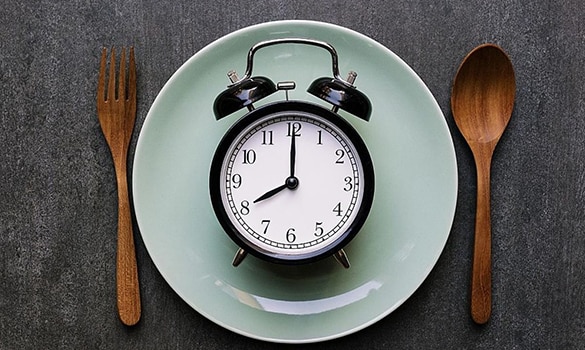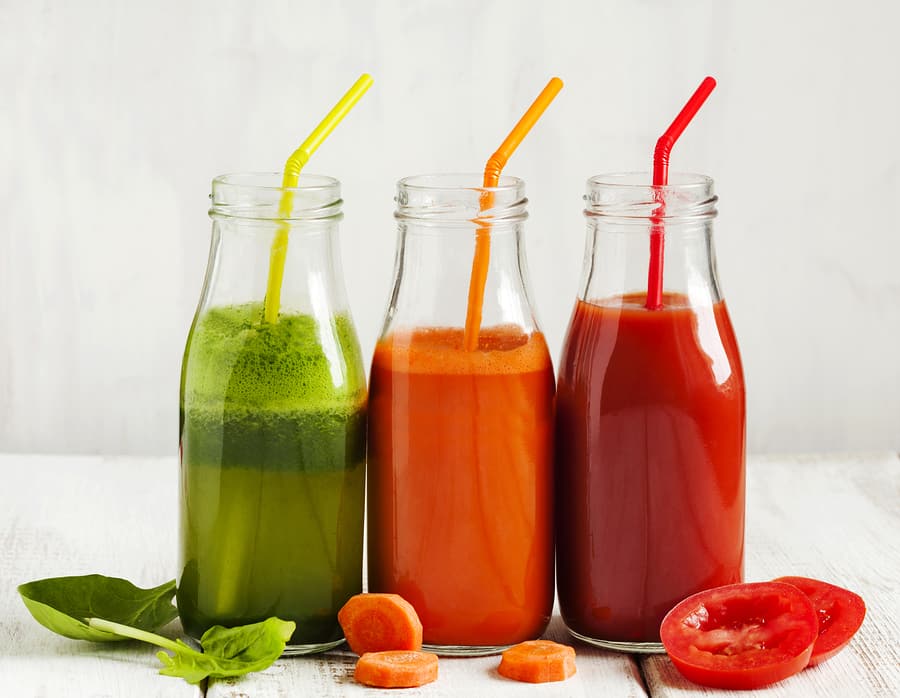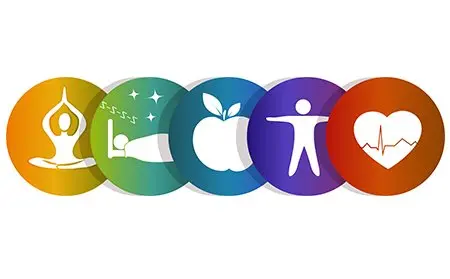Fasting – Myths and Benefits
Fasting is referred to complete abstinence from food for a short or long period for a specific purpose. In today’s world, fasting is mostly seen as a symbol of devotion to god in various religions. The Mohammedans, the Buddhists, the Hindus and many others have their periods of strict fasting. However, there are many benefits of fasting and it is considered nature’s oldest, most effective and yet least expensive method of treating diseases. Dr. Arnold Eheret, the originator of the mucusless diet healing system, describe it as “nature’s only universal and omnipotent remedy of healing“.

What is main cause of most Diseases ?
The common cause of most diseases is the accumulation of waste and poisonous matter in the body which results from overeating. The majority of persons eat too much and follow sedentary occupations which do not permit sufficient and proper exercise for utilisation of this large quantity of food. This surplus overburdens the digestive and assimilative organs and clogs up the system with impurities or poisons. Digestion and elimination become slow and the functional activity of the whole system gets deranged.
How to heal most Diseases ?
Most of the diseases can be healed by one remedy – by doing just the opposite of what casues it, that is, by reducing the food intake or fasting. By depriving the body of food for a time, the organs of elimination (bowels, kidneys, skin and lungs) are given opportunity to expel the overload of accumulated waste from the system. Thus, fasting is merely the process of purification and an effective and quick method of cure. It assists nature in her continuous effort to expel foreign matter and disease producing waste from the body, thereby correcting the faults of improper diet and wrong living. It also leads to regeneration of the blood as well as the repair and regeneration of the various tissues of the body.
What should be the Duration of Fasting ?
Duration depends upon the age of the patient, nature of disease and the amount and type of drugs previously used. Long duration fasting can be dangerous if undertaken without professional guidance. It is better to take short fasts of one-two days which can gradually be increased. This will enable the sick body to gradually and slowly eliminate toxic waste matter without seriously affecting the natural functioning of the body.

Fasting is highly beneficial in practically all kinds of stomach and intestinal disorders and in the serious conditions of the kidneys and liver. It is a miracle cure for eczema and other skin diseases. Various nervous disorders also respond favourably to this mode of treatment. In cases of diabetes, advanced stages of tuberculosis and extreme cases of neurasthenia, long fasts will be harmful. In most cases, however, no harm will accrue to fasting patients, provided they take rest, and are under proper professional care.
What are Methods of Fasting ?
The best, safest and most effective method of fasting is Juice fasting. It is considered more beneficial than the old classic Water Fasting. According to Dr. Rangar Berg “During fasting the body burns up and excretes huge amounts of accumulated wastes. We can help this cleansing process by drinking alkaline juice instead of water while fasting. Elimination of uric acid and other inorganic acids will be accelerated and sugars in juices will strengthen the heart“

Vitamins, minerals, enzymes and trace elements in fresh, raw vegetable and fruit juices are extremely beneficial in normalising all the body processes. They supply essential elements for the body’s own healing activity and cell regeneration and thus speeding the recovery. All juices should be prepared from fresh fruit immediately before drinking. Canned or frozen juices should not be used.
Various things to do during Fasting
In all cases of fasting, bowels need to be cleared at the beginning so that the patient is not bothered by gas or decomposing matter formed from the excrements remaining in the body.
The patient should get as much as fresh air as possible and should drink plain lukewarm water when thirsty. Fresh juices may be diluted with pure water. The total liquid intake should be approximately six to eight glasses.

Patient should get physical rest and mental relaxation during the fast as lot of energy is spent by body in the process of eliminating accumulated poisons and toxic waste materials. Only very simple exercises like short walks may be undertaken during the fast.
A warm water or neutral bath may be taken during the fast. Cold baths are not advisable. Sun and air baths should be taken daily.
What are benefits of Fasting ?
There are several benefits of fasting. During a long fast, the body feeds upon its reserves. Being deprived of needed nutrients, particularly of proteins and fats, it will burn and digest its own tissues by the process of autolysis or self-digestion. But it will not do so indiscriminately. The body will first decompose and burn those cells and tissues which are diseased, damaged, aged or dead. The essential tissues and vital organs, the glands, the nervous system and the brain are not damaged or digested in fasting. During fasting, the building of new and healthy cells are speeded up by the amino acids released from the diseased cells.

The capacity of the eliminative organs, that is, lungs, liver, kidneys and the skin is greatly increased as they are relieved of the usual burden of digesting food and eliminating the resultant wastes. They are, therefore, able to quickly expel old accumulated wastes and toxins.
Fasting affords a physiological rest to the digestive, assimilative and protective organs. As a result, the digestion of food and the utilisation of nutrients is greatly improved after fasting. The fast also exerts a normalising, stabilising and rejuvenating effect on all the vital physiological, nervous and mental functions.
How to break a fast ?
The success of the fast depends largely on how it is broken. The main rules for breaking the fast are : do not overeat, eat slowly and chew your food thoroughly; and take several days for the gradual change to the normal diet. If the transition to eating soild foods is carefully planned, there will be no discomfort or damage. The patient should also continue to take rest during the transition period. The right food after a fast is as important and decisive for proper results as the fast itself !





